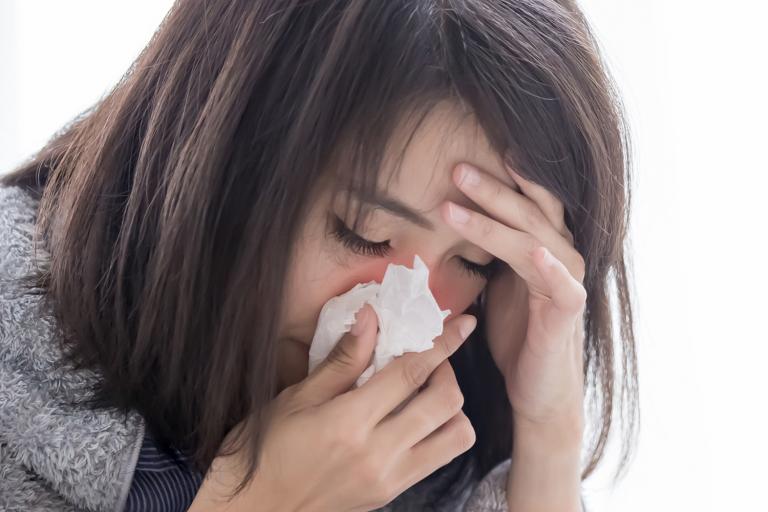Spring is finally here. Certainly, a huge number of us, especially in the northern states are breathing a huge sigh of relief. However, with the advent of spring for many, breathing becomes an issue all by itself. Those dreaded allergies.
Besides the common symptoms of sneezing and nasal congestion, even possible skin irritations that are experienced, new research points to allergies linked to anxiety, along with other mental and emotional issues.
Links Between Allergies and Stress
Research in Science Daily associates asthma and hay fever with an increased risk of developing psychiatric issues like depression and anxiety. The frequency of disorders was also discovered to be more prevalent with some treatment medications than others. Well, that makes perfect sense since often the medications themselves stimulate the nervous system which might result in an experience of anxiety.
Inflammation and Lupus
That research follows a previous study that suggests inflammation as a precursor of lupus erythematosus, a chronic auto-immune disease that commonly presents along with mental issues of various types. The connection here is that allergies are also the result of an underlying inflammatory process.
The lupus study revealed that circulating inflammatory cytokines in the bloodstream of mice were able to physically cross the blood/brain barrier. This was previously thought impossible. So maybe the inflammatory cytokines associated with allergies are also crossing the blood-brain barrier leading to anxiety and/or other psychiatric challenges.
Allergies and Gut Health
Whenever I find research like this, I can’t help thinking how interesting it would have been had the researchers also looked at gut function. They might have done some testing to determine the bacterial balance in the microbiome. After all, there are now mountains of research that connect systemic inflammation to an out of balance gut environment. I blogged about the effects of balancing the gut with probiotics to benefit mood and combat depression years ago.
At this point in my post you may be thinking – great news! AND – today I’m still sneezing Brenda!
It’s my sincere wish for you that this is your healthiest spring season yet!
Natural Ways to Reduce Allergy Symptoms
Here are some practical and proven suggestions that may help to decrease your allergic symptoms.
-
Probiotics
Eat more probiotics! This could be in the form of living sauerkraut or other fermented veggies, kefir, or a quality supplement. Probiotics both stimulate appropriate immune function and decrease inflammation.
-
Anti-Inflammatory Diet
Avoid excess carbs/sugars which simply increase inflammation. Eat organic veggies, fruits and quality proteins.
-
Gut Health
Since allergies are often an indicator of a leaky gut, choosing a good program designed to heal your gut including an L-glutamine supplement can be extremely helpful.
-
Avoid Inflammatory Medicines
Minimize the use of medications like aspirin, ibuprofen and antibiotics which cause more imbalance and inflammation in your gut.
-
Try Neutraceuticals
Seasonal allergies may respond well to nutraceutical products which may include nettles, quercetin, bromelain, L-histidine and/or N-acetylcysteine (NAC).
-
Minimize Stress
And as a general reminder for pretty much anything that ails you – I know you know this – do your best to minimize stress. Believe me when I tell you from personal experience that yoga, deep breathing, massage, meditation, music therapy and so many other de-stressor activities can actually help chase those allergies away!

